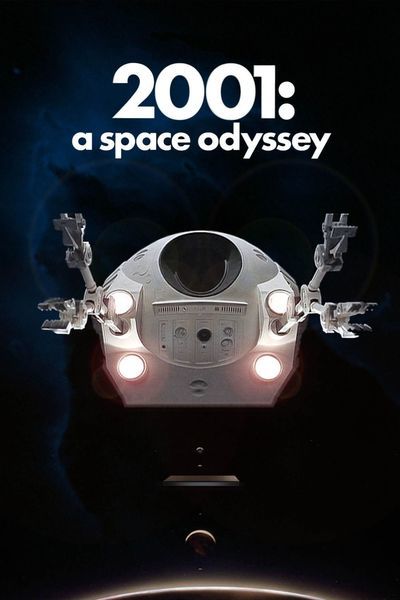

This is the part where I talk about what each movie is saying (because for writers/ filmmakers it’s can be all kinds of helpful to know this). So here I go with an attempt of boiling this film down to things we can all understand and learn from.įollowing along with the epic podcast Unspooled (who’s thankfully taking a break from their top 100 list coverage, and I can catch up to some of the older ones), we’re going with 1968’s 2001: A Space Odyssey, directed by Stanley Kubrick and written by him and Arthur C Clarke.

I frequently have it silently running in the background of my apartment while I work. I can’t hide behind the excuse of not being very familiar with it either. A case could be made for this being the greatest film ever (cause I ll have hell to pay if I call it a movie-it’s a film), certainly a case for it being the greatest American art film ever. Hell, an entire documentary was made on The Shining, filled with people’s widely-differing interpretations of what Kubrick was trying to say in it, and I can say with a fair amount of confidence that none of them were quite right.Īnd this particular one is often considered his crown jewel. He’s like a mysterious lover who lets you in but only so much. Part of his magic, though, is that he never lets you totally understand him. Kubrick is one of the best but most enigmatic filmmakkers to ever step behind the camera. Not only is it a LOT of movies, but they’re all ones that are considered by film people to be the best (well at least the best American ones), movies filled with a ton of nuance, some of them I’m seeing for the first time.Īnd then we get to Kubrick. I have to admit: doing these film analyses of the AFI top 100 movies is a daunting task.


 0 kommentar(er)
0 kommentar(er)
